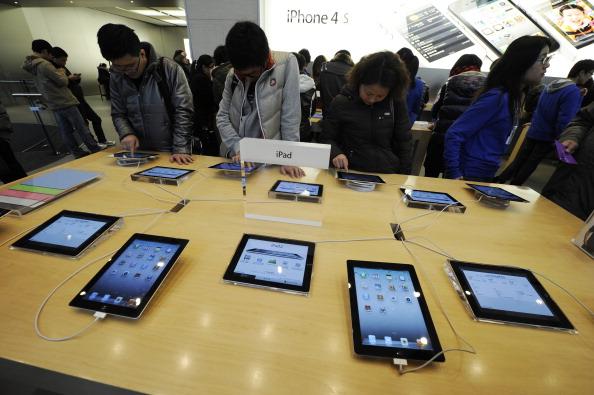High Fashion Goes High Tech to Boost Sales
Fashion designers share marketing ideas.

Rebecca Ferguson arrives for the 'Cosmopolitan Ultimate Women Of The Year Awards 2010' at Banqueting House on November 2, 2010 in London, England. Gareth Cattermole/Getty Images
|Updated:




